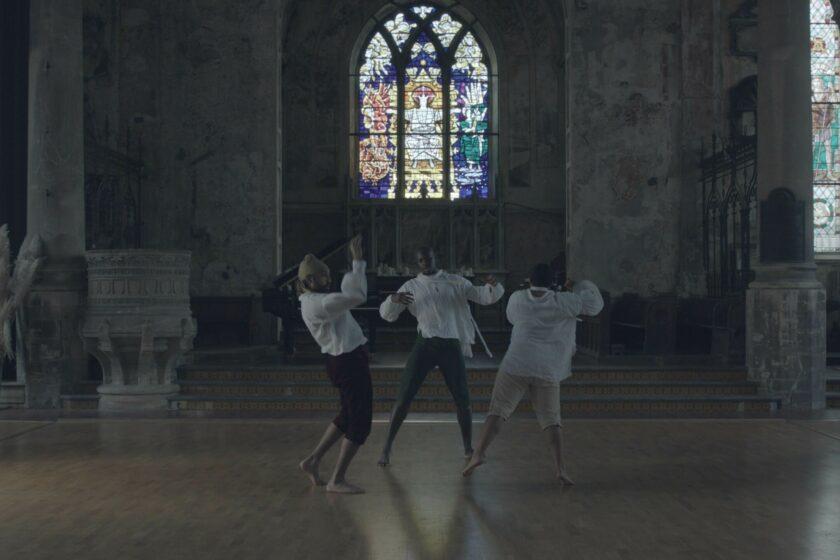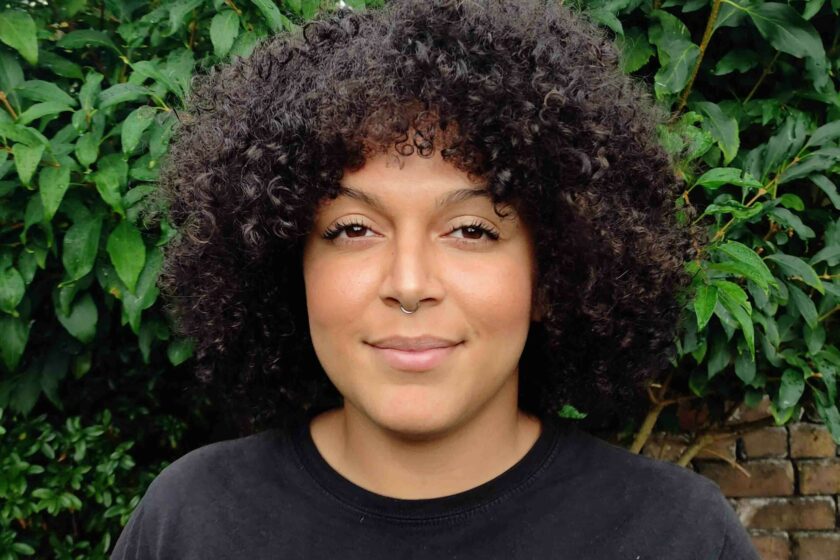Experience the launch event of Spike Island’s 2024 Digital Commission: Fugitives in the Archive, a new film by Heather Marks.
Fugitives in the Archive is a poetic meditation on the history of runaway enslaved persons in 18th century Britain. The film explores notions of fugitivity and the challenges of reconstructing lesser-known histories when archives provide limited information.
The screening was followed by an in conversation with Heather Marks and visual artist, Fozia Ismail, from dhaqan collective.
HEATHER MARKS
Heather Marks is a Nigerian-Scottish artist and writer whose work is guided by a commitment to amplifying underrepresented voices and marginalised histories. Marks has a background in writing for performance, creative production and hybrid storytelling.
As a creative producer, Marks has curated significant projects such as the hybrid arts festival Conversations with Baldwin, Words of Colour, Bristol (2023), and collaborated on innovative approaches to storytelling and how to engage with archives and collections in her work in publishing and heritage such as No Bindings, Museum of Colour (2022). She is the winner of the 2018 Golden Egg Award for her historical fiction novel, The Disobedients, and one of Acquisition International’s 2023 Influential Businesswomen of the Year.
FOZIA ISMAIL
Fozia Ismail is a Researcher, Creative Producer and Artist. She is the founder of Arawelo Eats, a platform for exploring politics, identity, and colonialism through East African food and what it means for our understanding of belonging in a post-Brexit world. When not critically eating her way through life’s messiness, she can be found plotting at the Pervasive Media Studio and Spike Island with Ayan Cilmi as part of dhaqan collective, a Somali feminist art collective in Bristol.
The collective uses everyday materials, cassette tapes, food and textiles to create spaces of communion, joy and healing that centre the full range of Somali diasporic experiences.






